
Laser Lab scientist honored for fusion and plasma research
Dustin Froula received the Ernest Orlando Lawrence Award, one of the most respected awards given by the US Department of Energy, for his research.
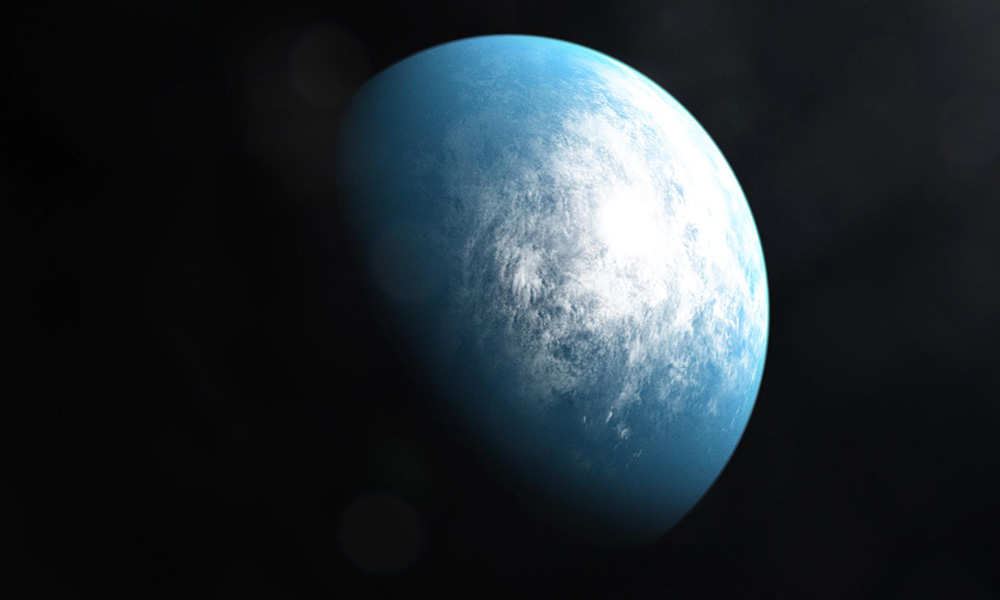
A new era in the search for extraterrestrial intelligence
If trends continue, “the search for intelligence in the universe may finally escape the giggle-factor,” writes University of Rochester astrophysicist Adam Frank in a Washington Post op-ed.
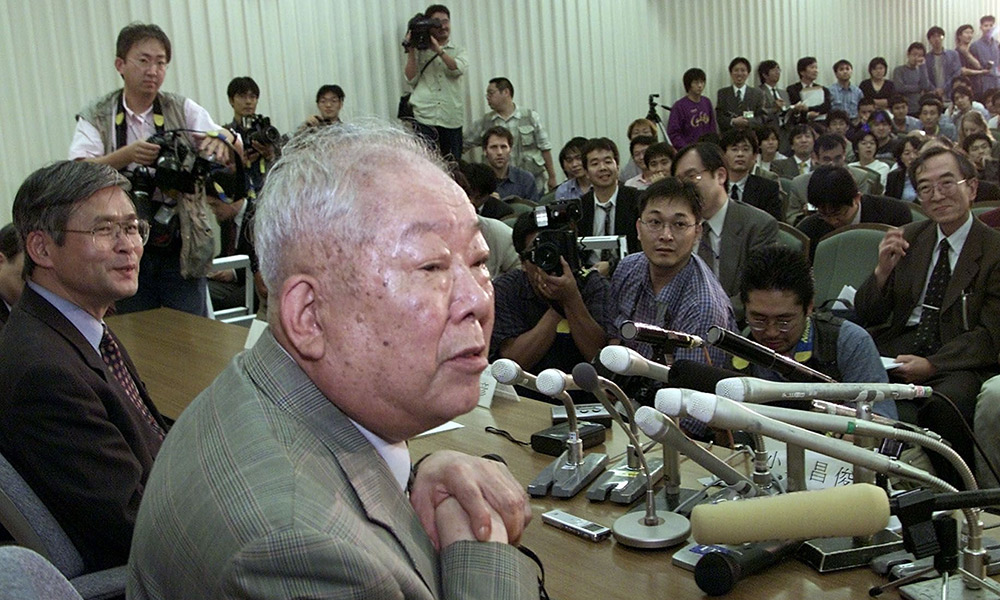
Nobel Prize laureate remembered for groundbreaking research on neutrinos
Rochester graduate Masatoshi Koshiba ’55 (PhD), who died November 12, received the 2002 Nobel Prize in Physics for detecting and measuring subatomic particles known as neutrinos.
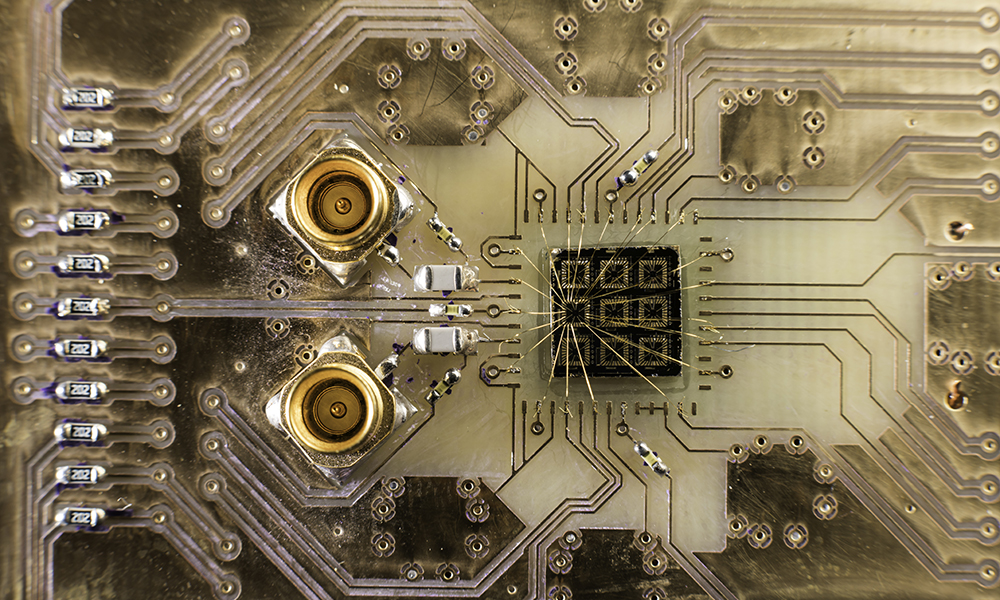
Quantum engines? Entanglement as fuel?
It’s still more science fiction than science fact, but perfect energy efficiency may be one step closer due to new research by Rochester physicists.
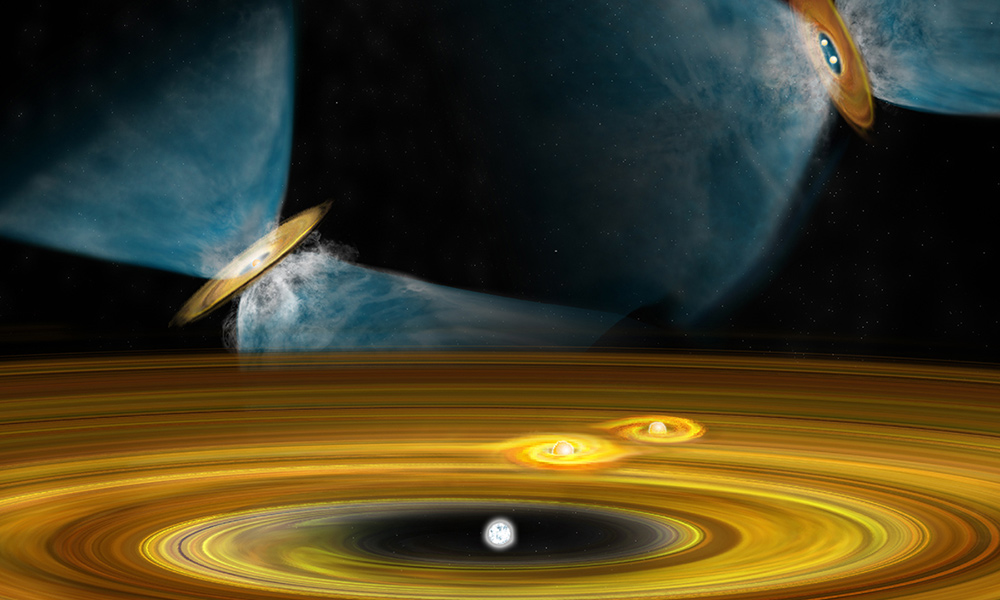
Rochester leads effort to understand matter at atom-crushing pressures
The University is the host institution for a NSF-funded national collaboration to explore ‘revolutionary states of matter.’
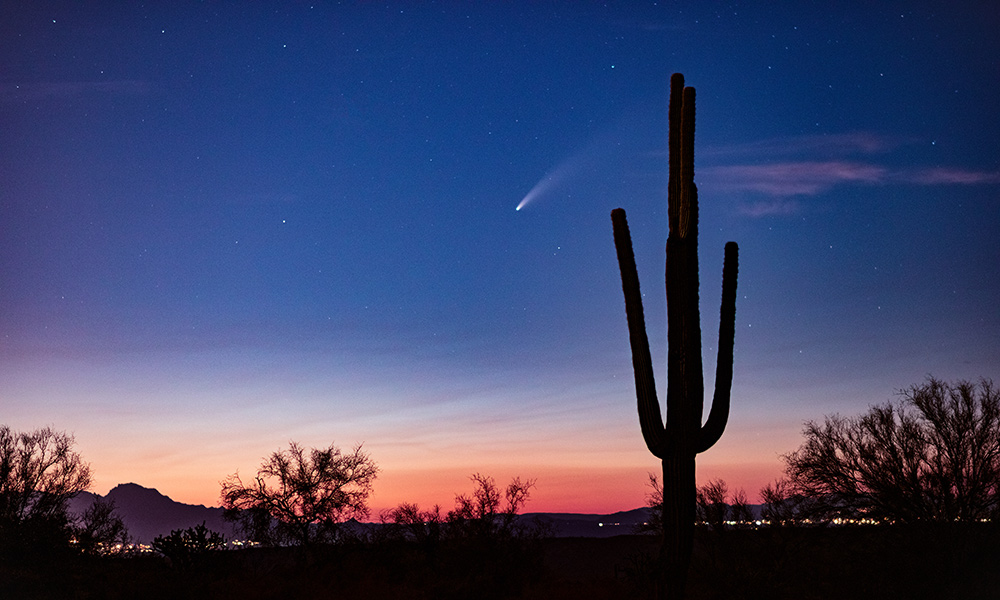
How to view Comet NEOWISE
Work by Rochester researchers will help make a space-based infrared telesecope—the kind that detected Comet NEOWISE—even more precise.
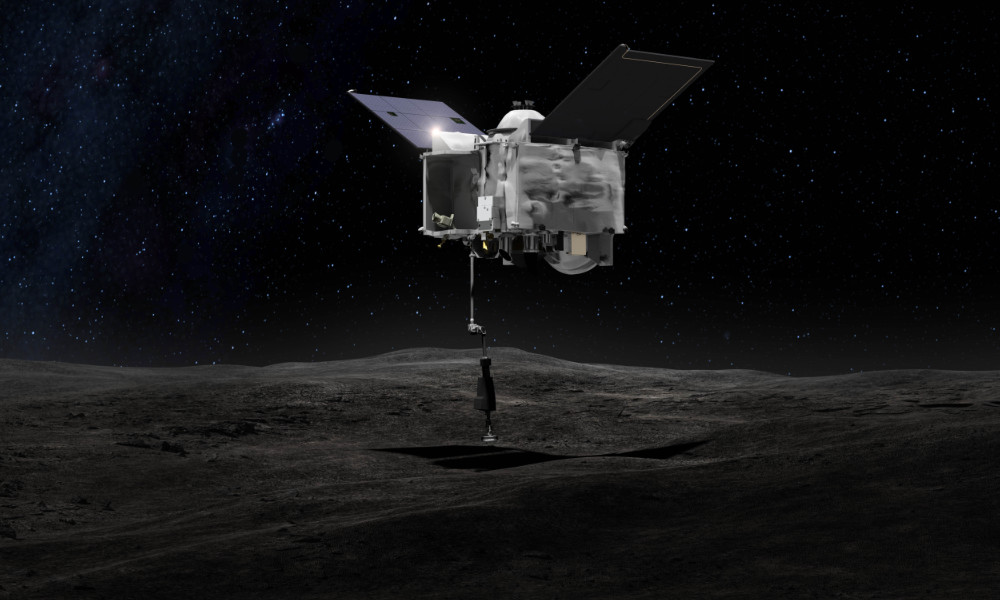
New data about asteroid surfaces will help explorers touch down safely
Using sand, marbles, and mathematical modeling, Rochester researchers from across departments worked to improve the accuracy of data collected from the surfaces of asteroids.
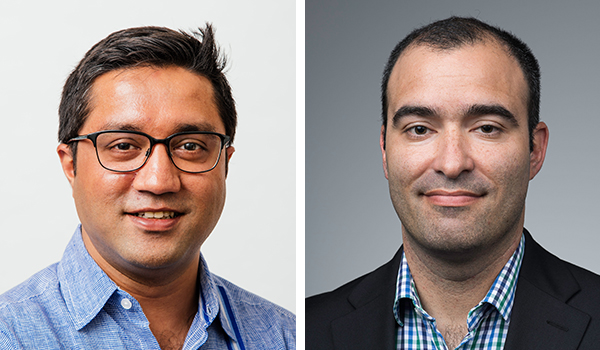
Faculty recognized as AS&E data science fellows
Physicist Gourab Ghoshal and electrical and computer engineer Gonzalo Mateos received alumni-supported fellowships to use data science in exploring their fields.

Is teleportation possible? Yes, in the quantum world
Rochester physicists are exploring new ways of creating quantum-mechanical interactions between distant electrons. The research marks an important advance in quantum computing.
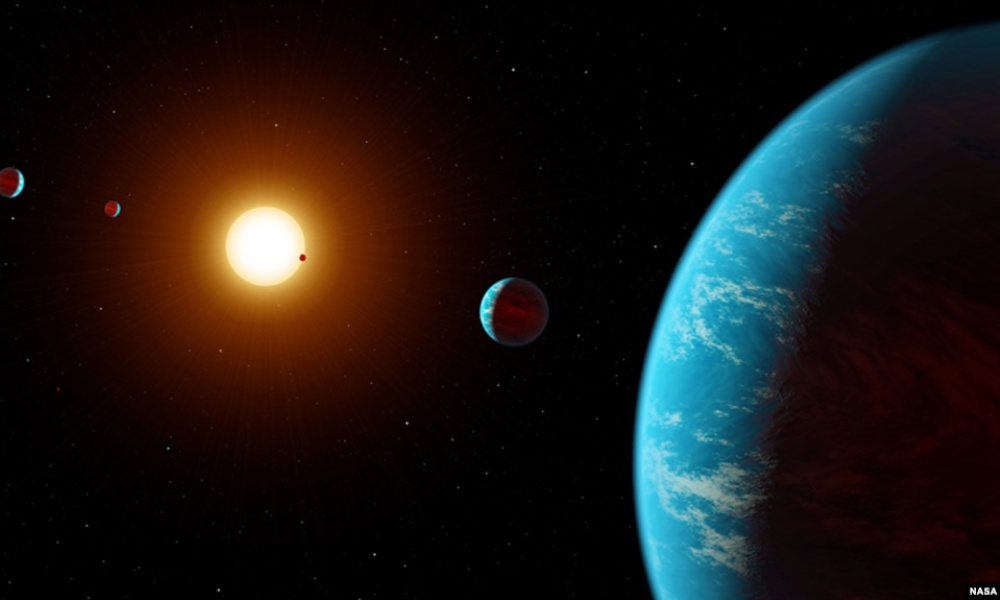
Are aliens real? Do aliens exist? Technosignatures may hold new clues
Astrophysicist Adam Frank is searching for “technosignatures,” or the physical and chemical traces of advanced civilizations, among the 4,000 or so exoplanets scientists have found so far.
